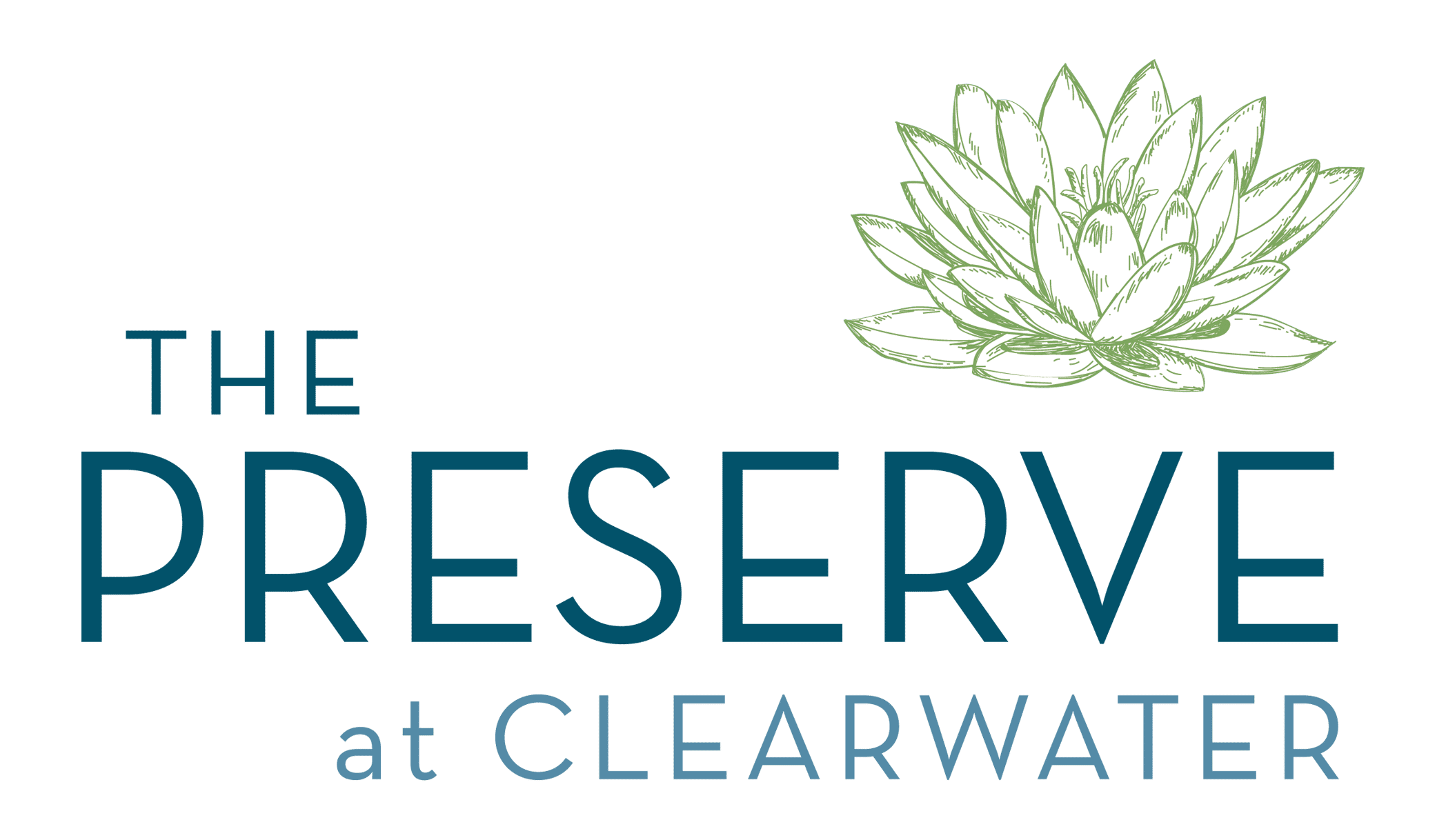
When does something healthy become unhealthy? When you do it too much, to the exclusion of other choices.
Like most of us, you’ve probably been hit over the head for the past few years with the “power of habits”: the idea that locking in some simple, healthy everyday behaviors will set you on a course for greater well-being. And there’s a lot of truth to that conventional wisdom. But even healthy habits can benefit from a shake-up. When you take the same handful of ostensibly positive actions day in and day out, it often means you’re missing out on a variety of options and activities that could offer a wider array of benefits. We asked experts in medicine, nutrition, exercise and more about the healthy habits they wish people would take breaks from, especially those who want to stay in tip-top shape as they graduate from their 50s, 60s and 70s.
Habit 1: You walk every day for exercise
Walking is terrific. Everybody should walk more. It helps maintain strength in your heart, brain and joints, among other benefits. But with age, people often end up pigeonholing themselves into one type of workout — usually walking — and ditching different types of exercise because they fear injuring themselves or worry that they’re “too old” to run, lift weights or play a certain sport, says Claire Morrow, a senior physical therapist with Hinge Health, a digital clinic for back and joint pain.
Don’t let fear stick you in a rut. “Your body is made to move,” Morrow says, and that need “doesn’t diminish as you get older.” In fact, as you get older, the rate at which you lose muscle mass and joint mobility accelerates — unless you embrace exercise. Without strength training, for instance, the average person will lose between 3 and 8 percent of their muscle mass per decade after age 30; the rate steepens after 60. Muscle loss is associated with increased fall risk; cognitive decline and an increased risk of dementia; diabetes and heart disease risk; and even premature death. And it’s not inevitable!
To learn about other good habits that might cause premature aging, from AARP, CLICK HERE.

